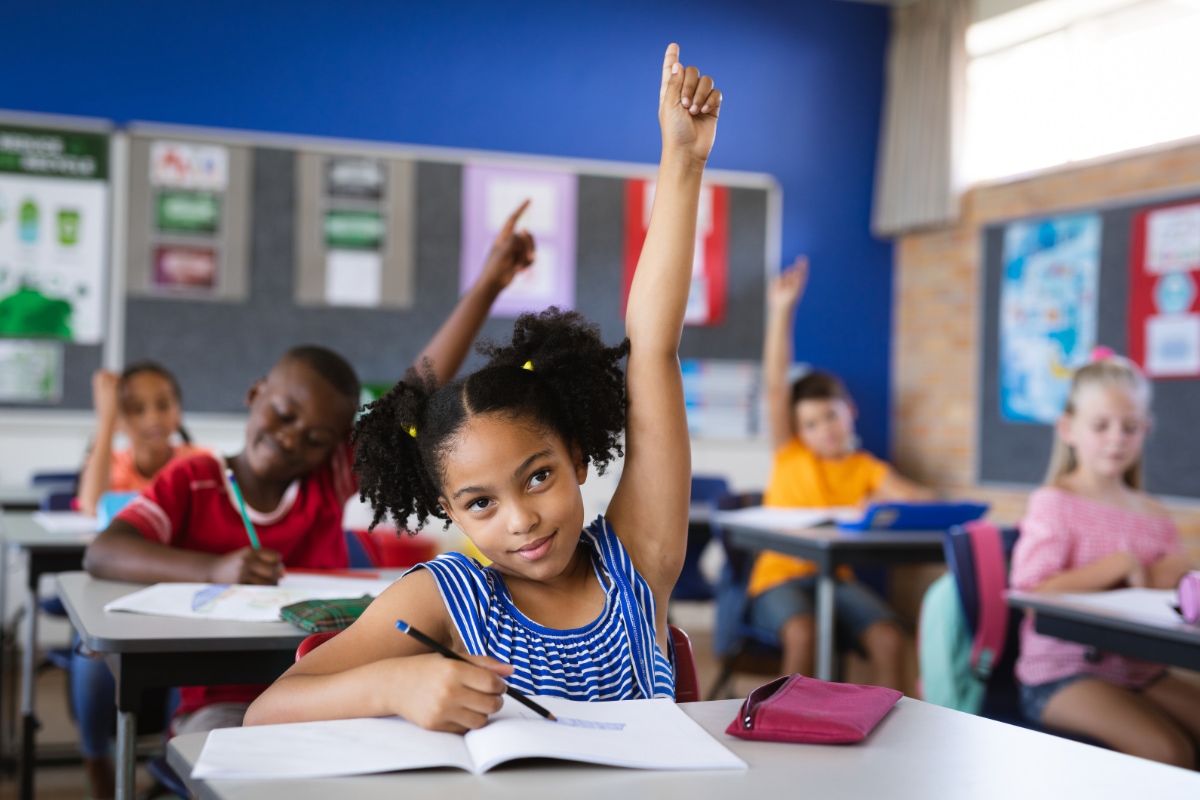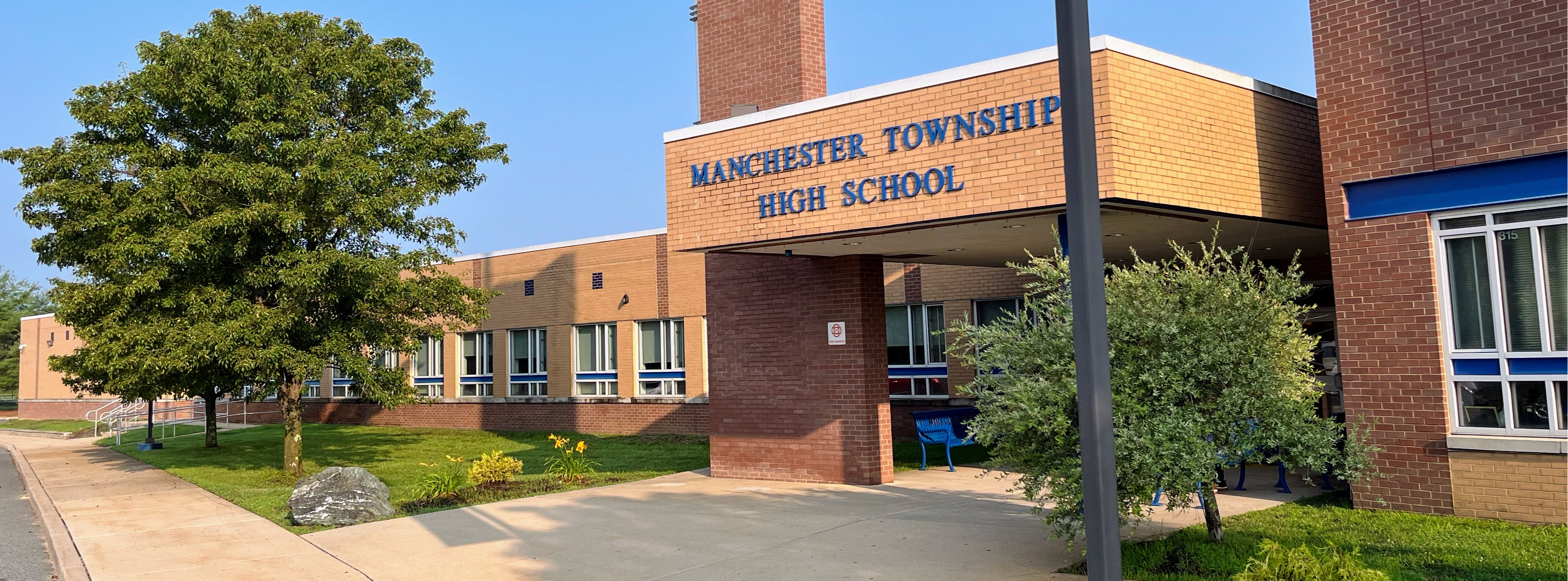Sign up with the Motion to Save Temecula Schools: Area Activity Needed!
Sign up with the Motion to Save Temecula Schools: Area Activity Needed!
Blog Article
The Effect of School Environments on Academic Success and Personal Well-Being
The design of instructional rooms, consisting of all-natural lighting and ergonomic furnishings, can improve students' concentration and comfort. Exactly how can colleges purposefully enhance these elements to better sustain their trainees?
Physical Layout and Design
Exactly how does the physical design and layout of a college influence scholastic success? The arrangement and aesthetic of an institution setting can considerably affect trainees' learning end results. A well-designed school layout advertises ease of movement, reduces interruptions, and cultivates a feeling of security and belonging. As an example, broad passages and plainly significant areas assist in smooth transitions between courses, decreasing lateness and interruption. Furthermore, strategically placed typical areas encourage social communications, which are vital for emotional and social advancement.
All-natural lighting and efficient ventilation systems are critical in boosting cognitive function and reducing absence. Researches have revealed that class with adequate natural light enhance student focus and lower sensations of sleepiness. Furthermore, ergonomic furnishings customized to pupils' requirements can protect against physical discomfort, enabling long term emphasis and engagement in academic activities.
Access to outside spaces and aesthetically pleasing surroundings likewise play an essential function - Save Temecula Schools. Green rooms and well-kept school grounds offer opportunities for workout and mental leisure, both of which are crucial for maintaining high levels of academic performance. Essentially, an attentively developed physical atmosphere can work as a stimulant for scholastic quality, promoting an environment that supports both mentor and learning
Class Environment
A favorable classroom atmosphere is basic to achieving academic success. An atmosphere that fosters a feeling of safety and security, inclusivity, and common regard urges trainees to involve more proactively in their knowing processes. The ambiance of a classroom, including elements such as illumination, sound levels, and seating setups, can substantially affect student focus and inspiration. A well-ventilated, well-lit class with minimal distractions can enhance cognitive feature and decrease stress, thus advertising far better academic results.
Furthermore, the classroom ambience must sustain a culture of cooperation and open interaction. They are extra most likely to engage deeply with the material and establish vital thinking skills when students feel comfortable sharing their ideas and asking questions. Peer communications and team tasks can improve learning by offering varied perspectives and promoting synergy
In addition, establishing clear expectations and regular routines can create a structured environment that allows trainees to concentrate on their researches. By minimizing uncertainty and supplying a predictable structure, trainees can much better manage their time and obligations. Ultimately, a favorable class ambience not only enhances scholastic performance but additionally contributes to the general health of trainees, preparing them for future instructional and personal ventures.
Teacher-Student Relationships
Building on the relevance of a favorable classroom atmosphere, the connections in between teachers and students play a crucial role fit scholastic success. A healthy teacher-student connection cultivates a finding out atmosphere where students really feel valued, comprehended, and supported, which substantially improves their motivation and involvement. When trainees perceive their educators as compassionate and approachable, they are more most likely to participate actively in course and look for help when needed, adding to a deeper understanding of the subject.

This trust makes it possible for trainees to share their problems and ideas openly, fostering a collaborative understanding setting. In essence, solid teacher-student relationships are a keystone of educational success, playing a crucial role in both scholastic accomplishment and individual development.
Peer Interactions
Peer communications considerably affect scholastic success by shaping a trainee's social and cognitive advancement. Within the college setting, peer partnerships function as a foundational component for discovering and individual growth. Positive peer interactions can improve a trainee's inspiration and interaction in academic tasks via collaborative knowing and shared support. When trainees interact in team setups, they exchange concepts, address troubles jointly, and establish essential assuming abilities. Such communications foster a feeling of belonging and area, which is important for emotional well-being and scholastic determination.

Efficient peer interactions likewise contribute to the advancement of vital life skills, such as dispute, collaboration, and interaction resolution. These social proficiencies are important for both scholastic success and individual health, highlighting the relevance of fostering favorable peer characteristics within the school environment.
Extracurricular Activities
Participating in after-school activities plays a pivotal role in a pupil's academic success and personal advancement. These tasks, ranging from sporting activities groups to debate clubs, offer students possibilities to refine useful skills such as leadership, time management, and team effort. Research study continually indicates that pupils who take part in after-school activities tend to accomplish higher scholastic visit here efficiency. This relationship is typically attributed to the organized setting and the discipline called for to balance both extracurricular and academic dedications.
Additionally, extracurricular involvement promotes a feeling of belonging and community, which is important for personal well-being. Taking part in team activities allows students to develop and reinforce social media networks, boosting their psychological and social knowledge. These interactions are important for establishing social abilities that are helpful in both future and academic specialist settings.
In addition, after-school activities provide a useful outlet for trainees to discover their passions and passions beyond the typical curriculum. This expedition can bring about the discovery of brand-new skills this page and prospective career paths, further encouraging trainees to involve even more deeply in their scholastic job. In final thought, the role of extracurricular tasks expands beyond plain recreation; they are essential to cultivating an alternative instructional experience that advertises both academic success and personal development.
Conclusion
Altogether, the influence of institution settings on both scholastic success and individual health is profound. Attentively designed physical formats and classrooms, along with favorable teacher-student partnerships and positive peer communications, substantially improve trainee inspiration and engagement. Additionally, the presence of helpful teachers can reduce anxiety, fostering a nurturing atmosphere helpful to alternative advancement. These elements collectively highlight the value of producing and maintaining ideal college environments for the benefit of trainees' individual and scholastic growth.
Eventually, a positive classroom ambience not just enhances academic performance yet also adds to the total wellness of pupils, preparing them for future academic and personal undertakings.

Report this page